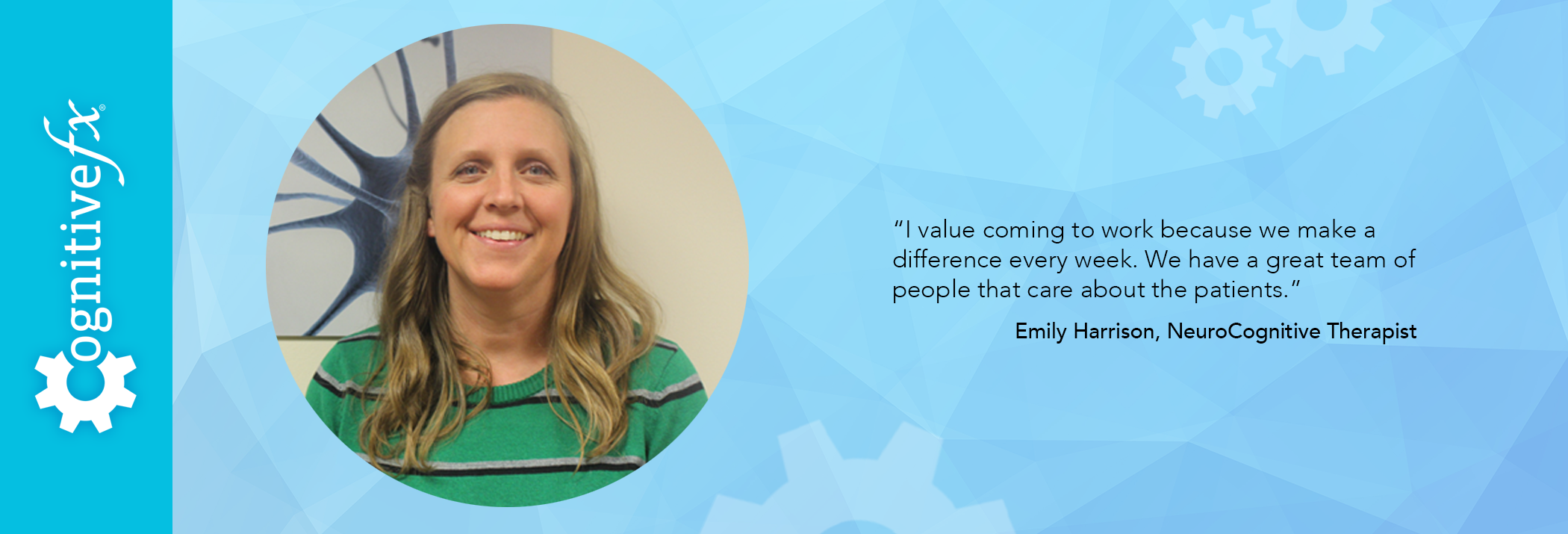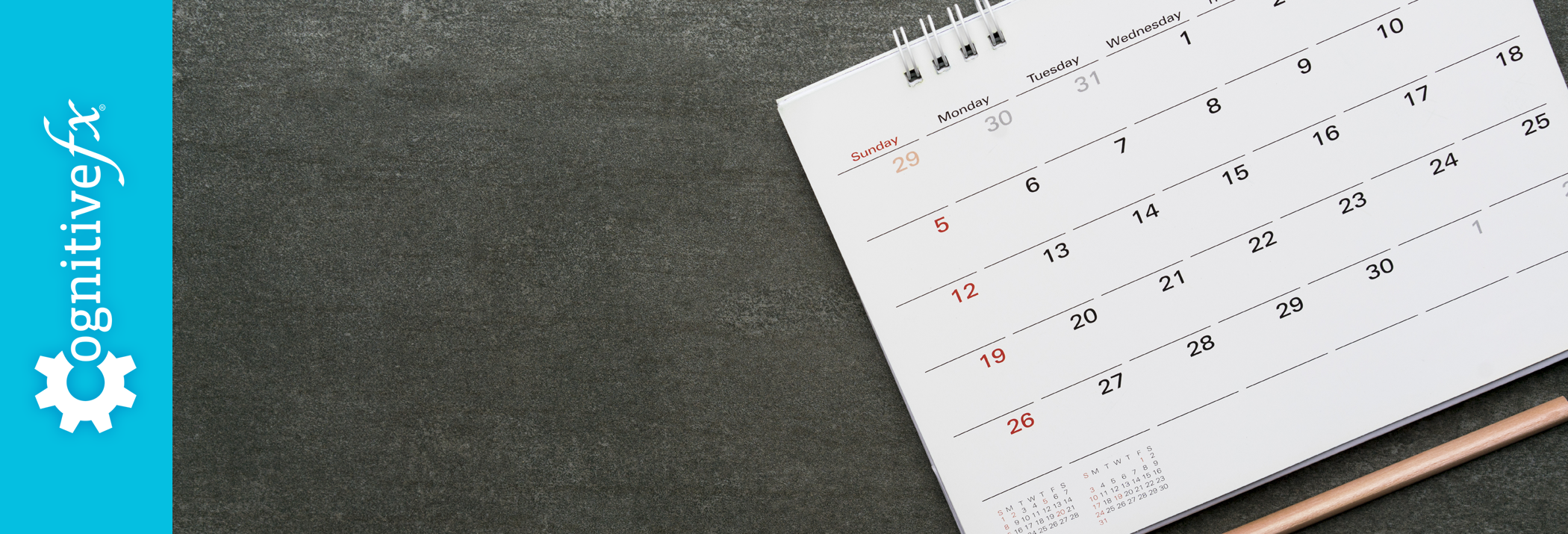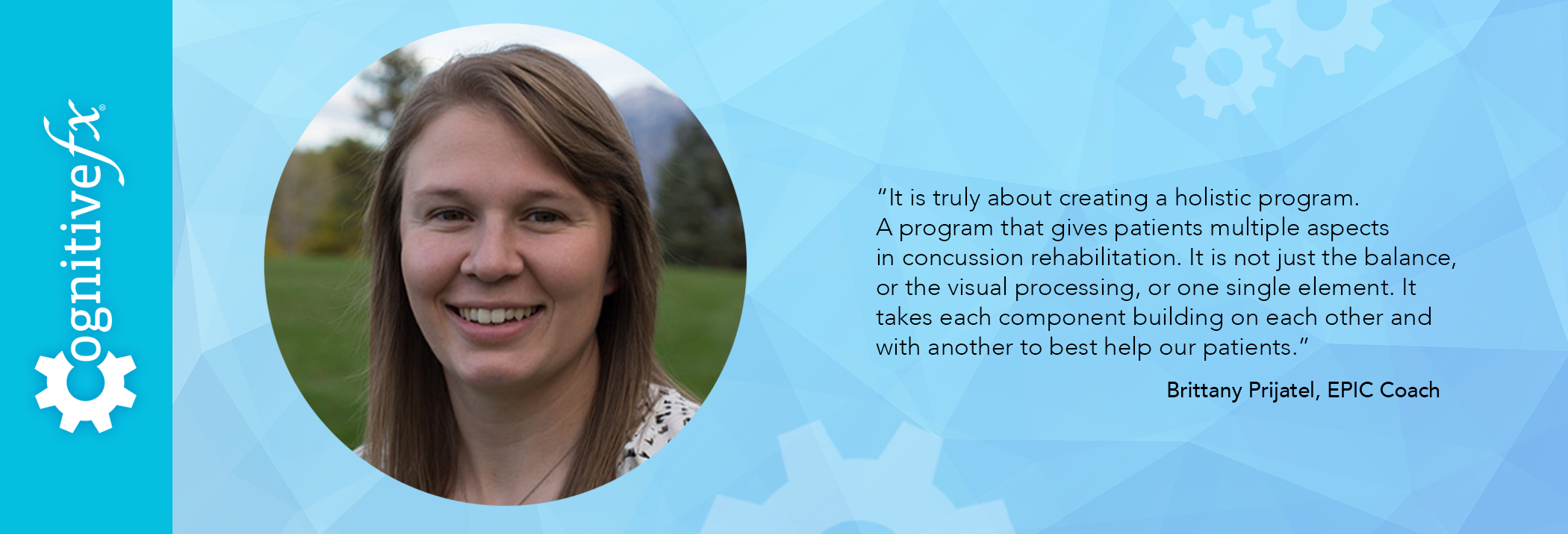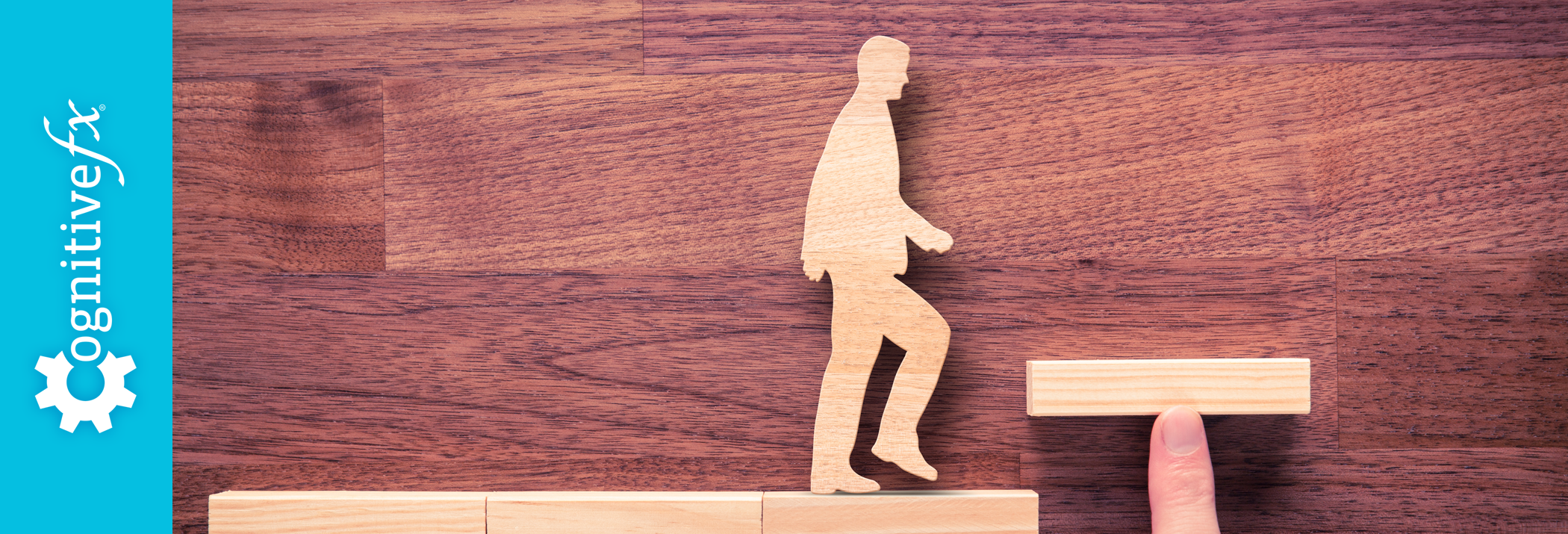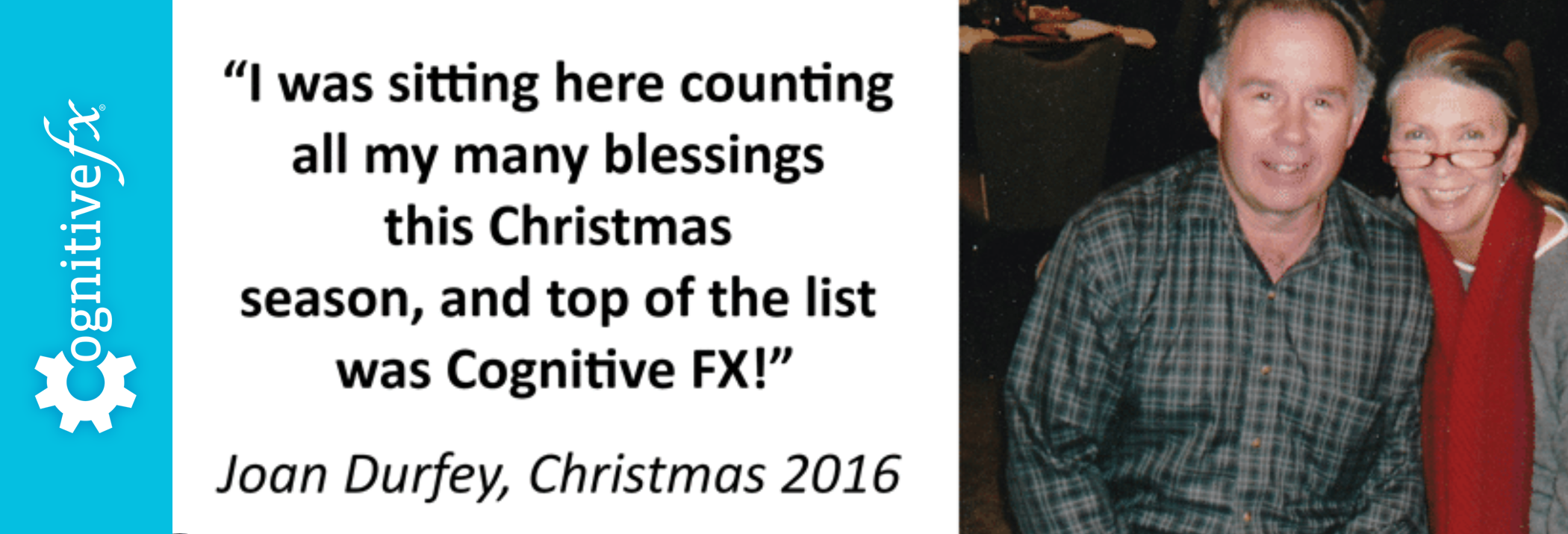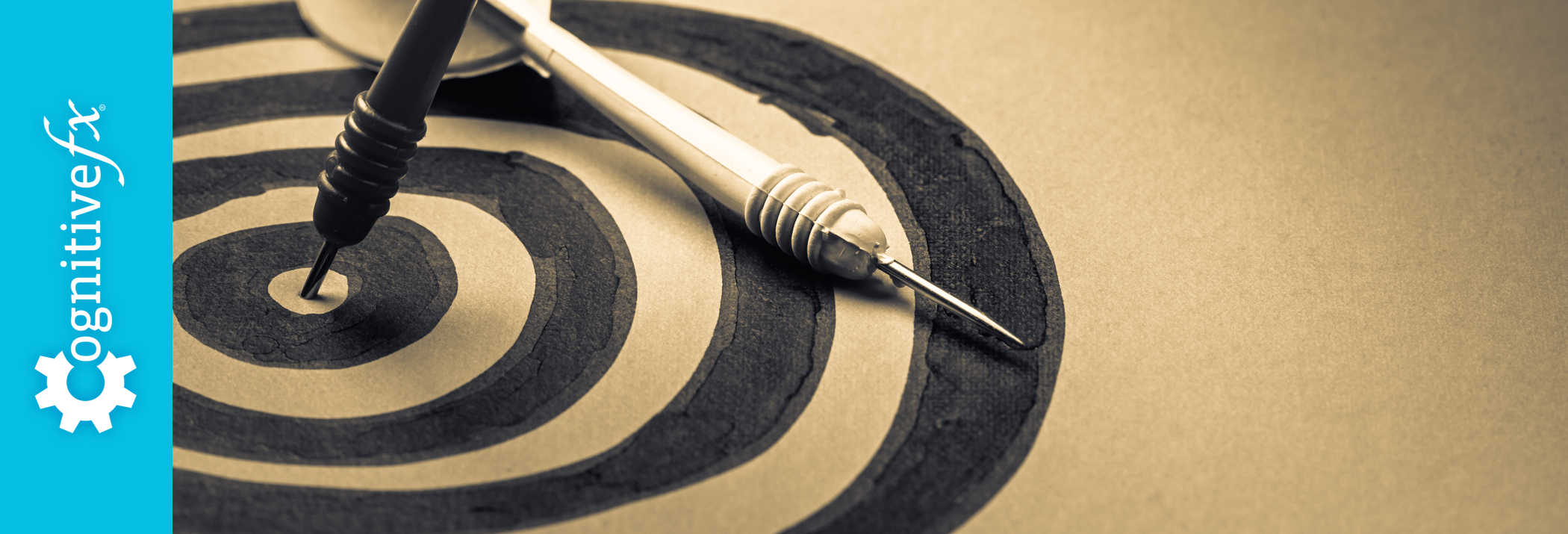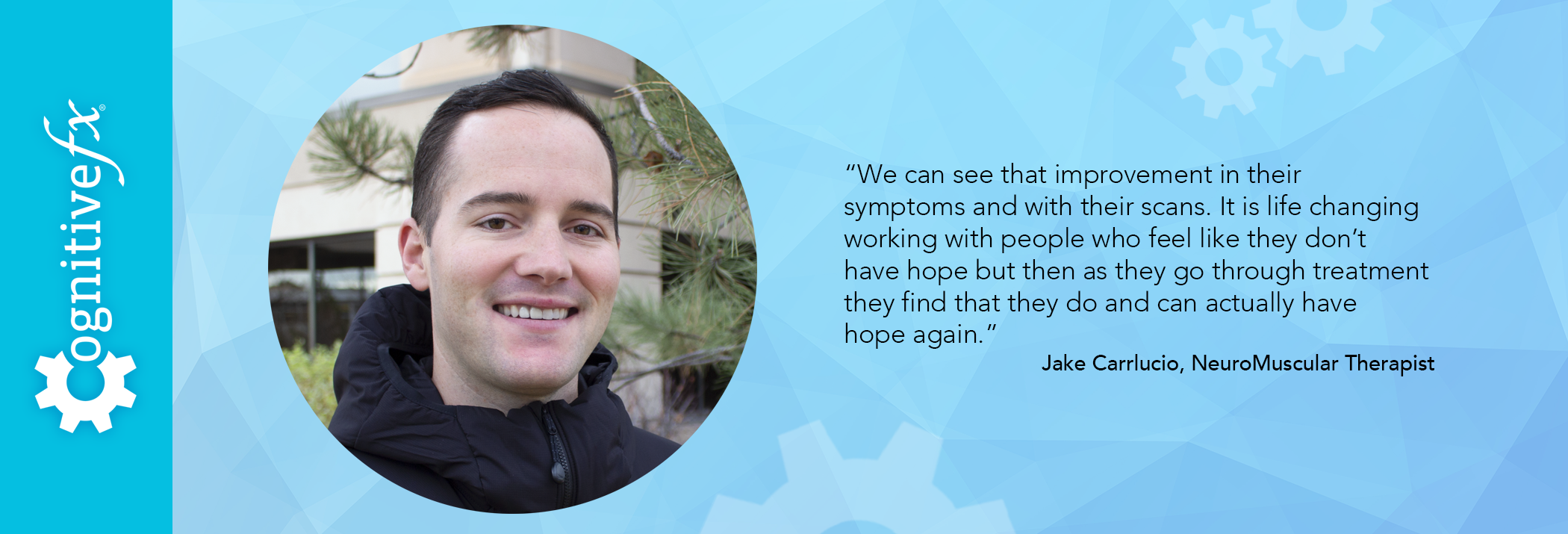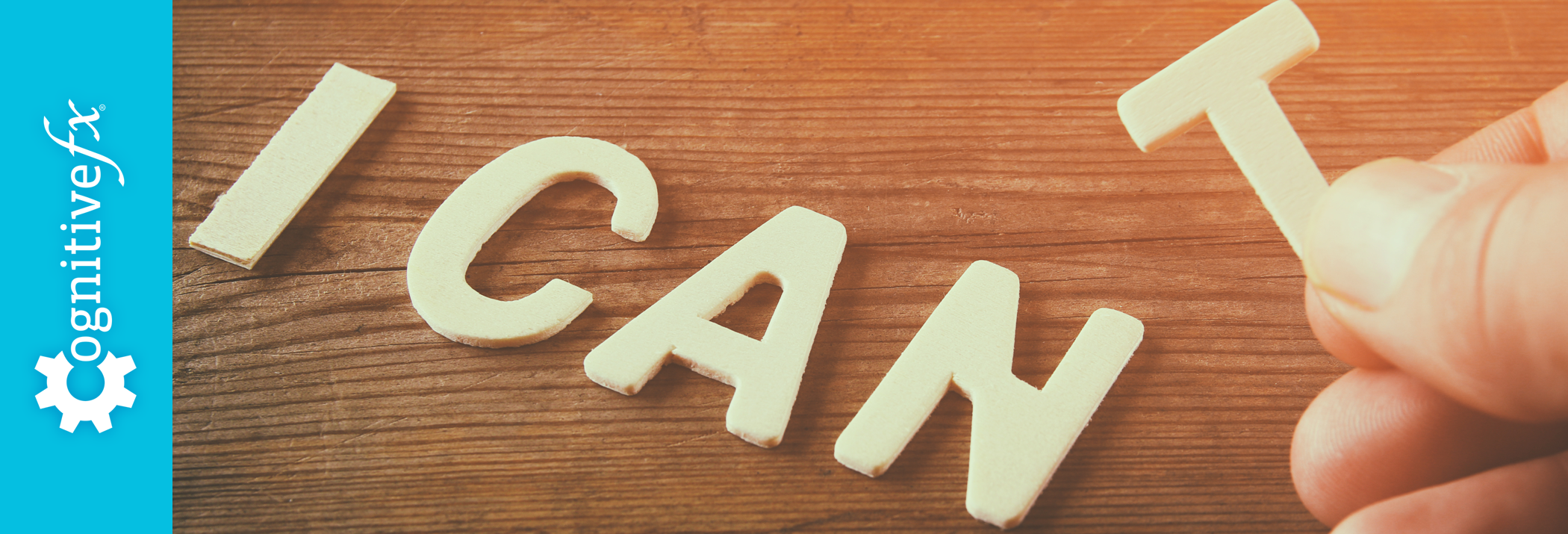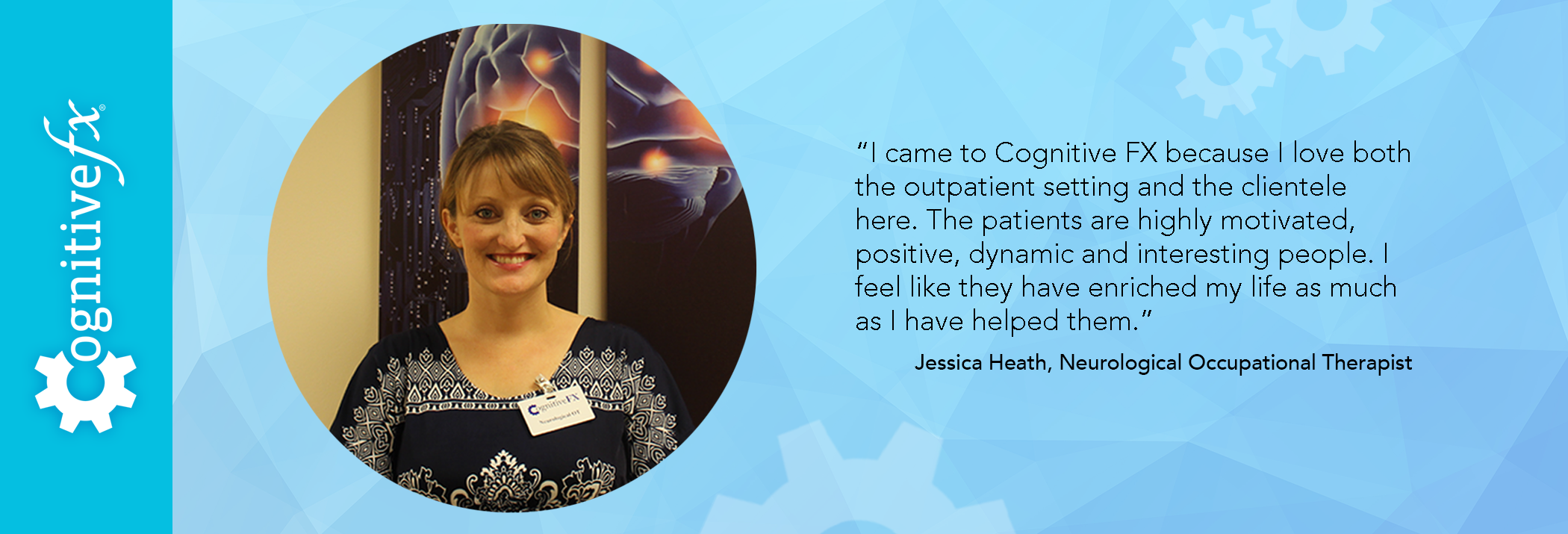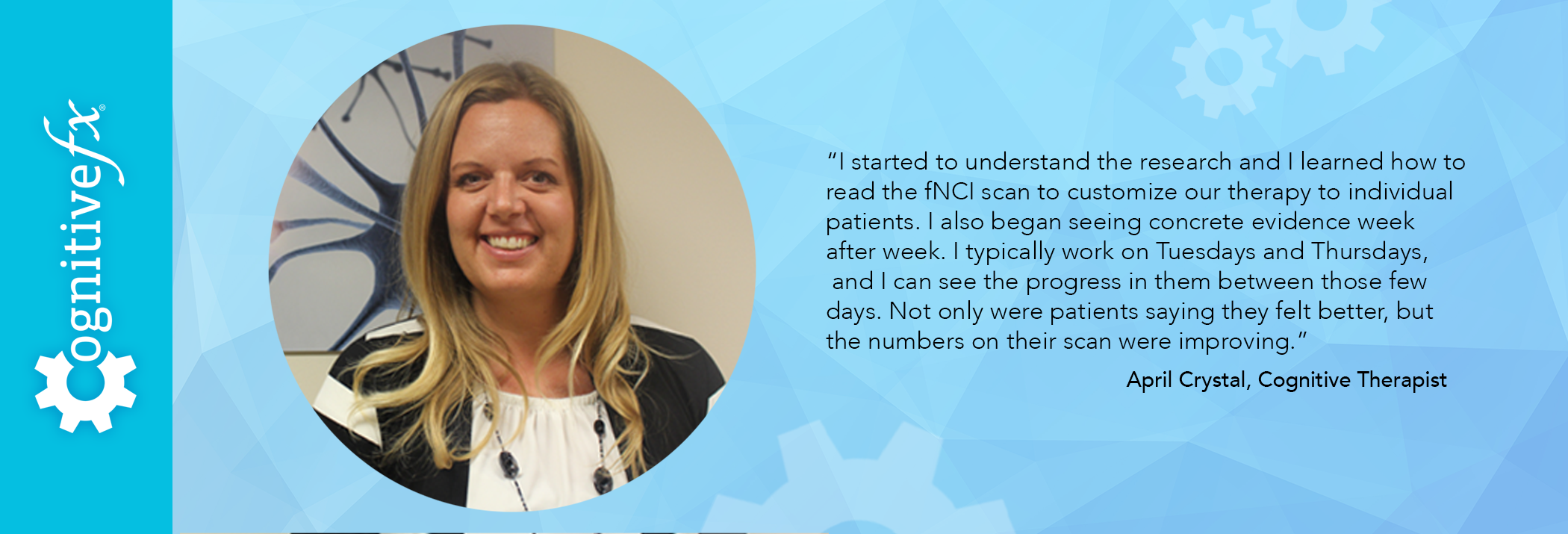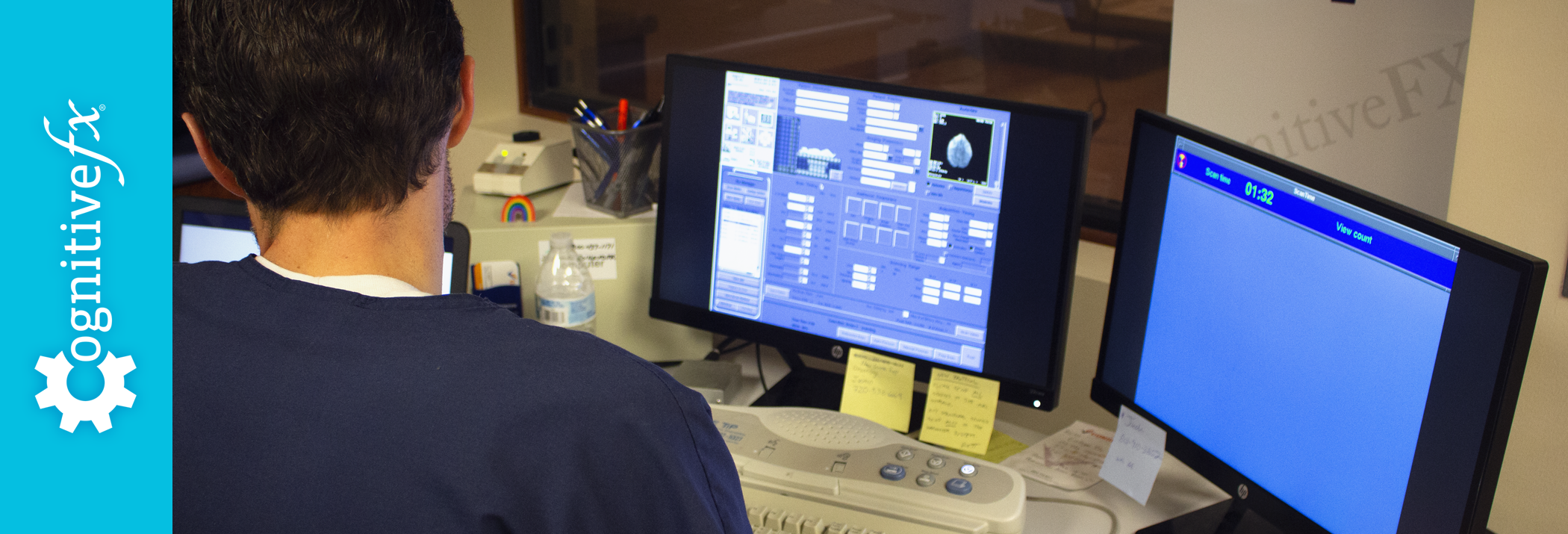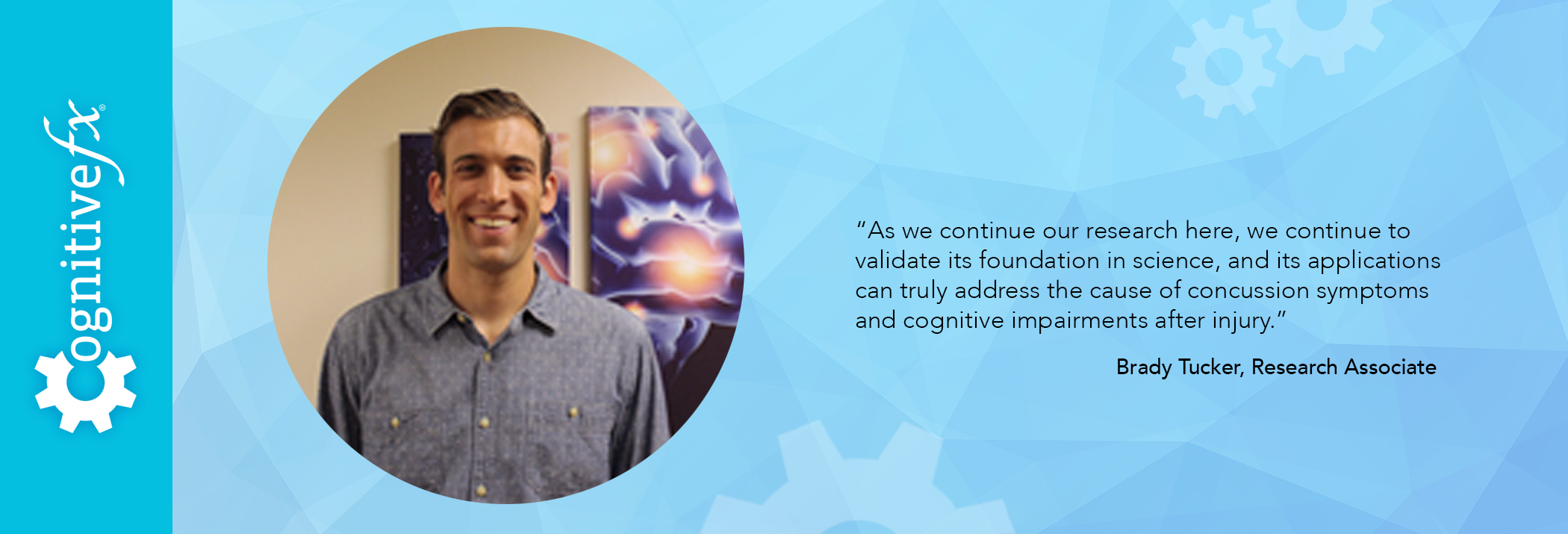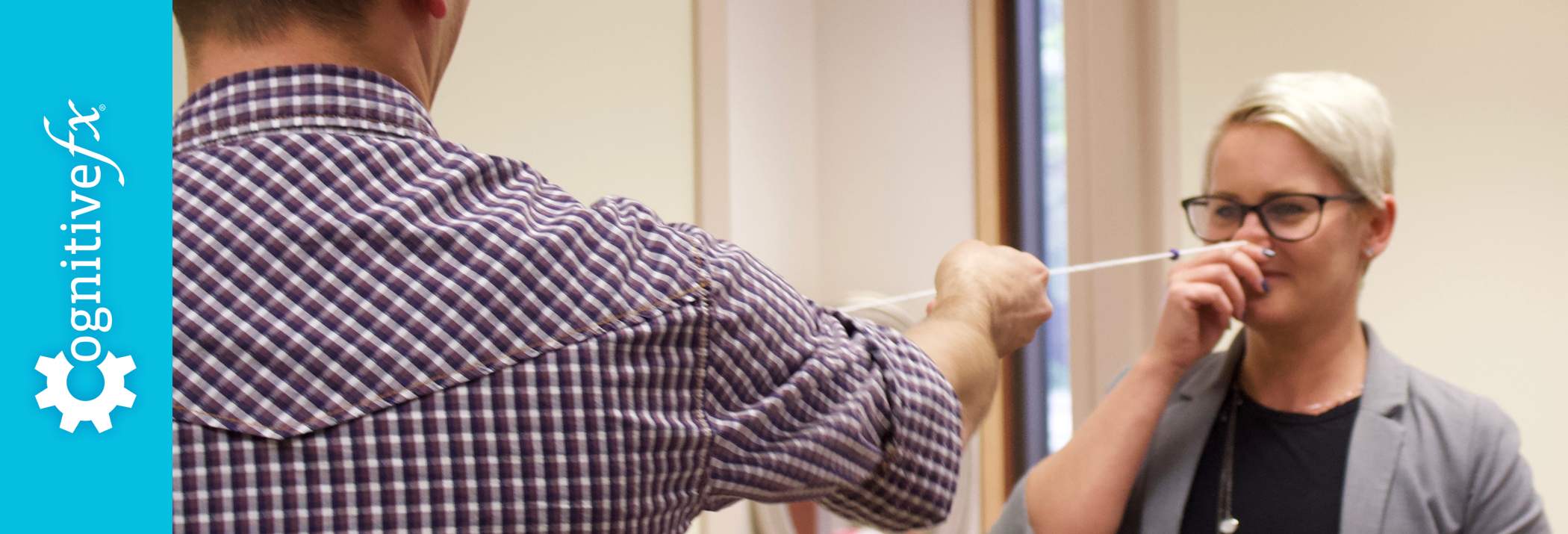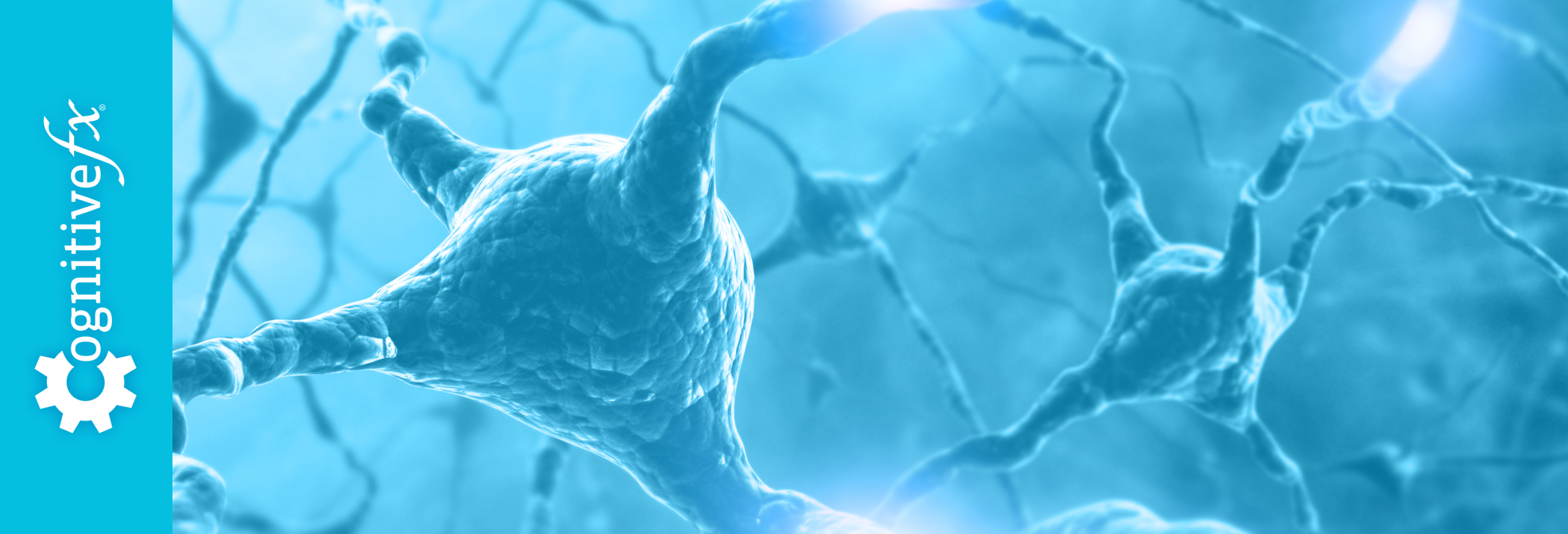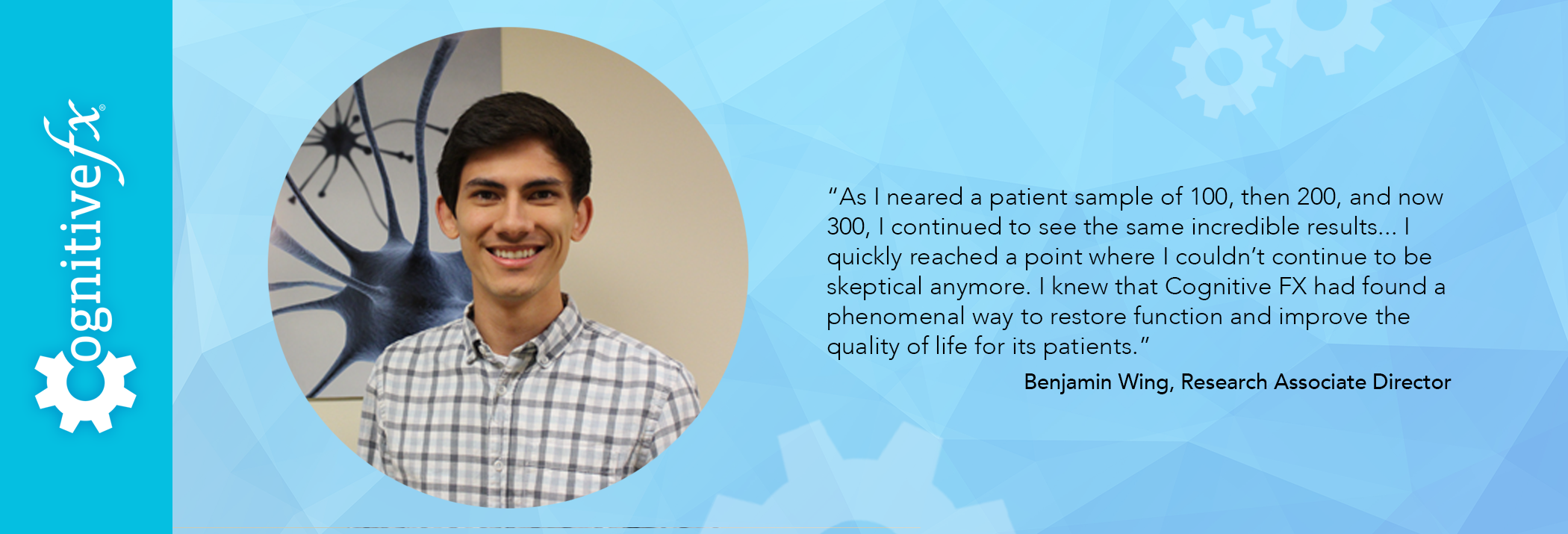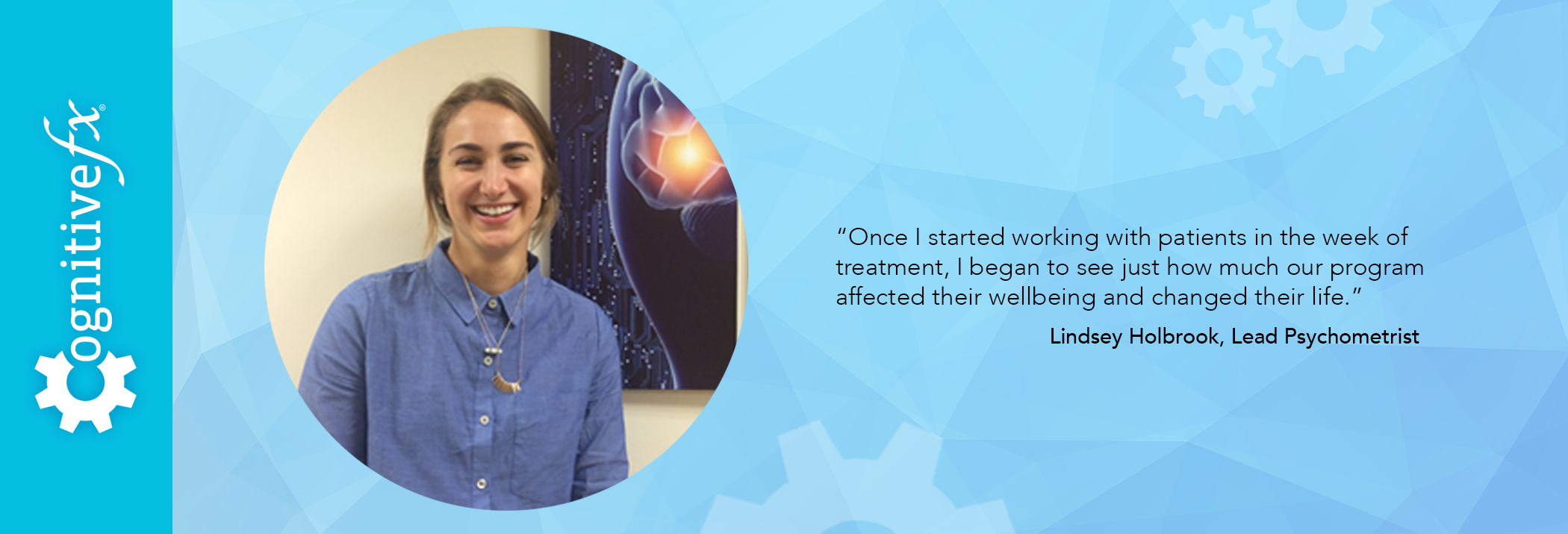Posts by
Cognitive FX Team
The "Cognitive FX Team" is a collaborative ensemble of distinguished doctors, therapists, and practitioners. Our experts are pioneers in the field of neuroimaging and concussion treatment. With extensive experience and a strong commitment to patient care, our team excels in utilizing cutting-edge technologies, such as functional MRI (fMRI), to provide personalized diagnostic and treatment strategies. Our renowned professionals have published groundbreaking research, developed innovative neuroimaging biomarkers, and conducted thousands of individualized patient assessments. We take pride in our holistic approach to patient care, focusing on physical, cognitive, and emotional aspects of recovery. As leaders in the industry, the Cognitive FX Team is dedicated to advancing the science of concussion diagnosis and treatment to provide our patients with the highest level of care and support.

